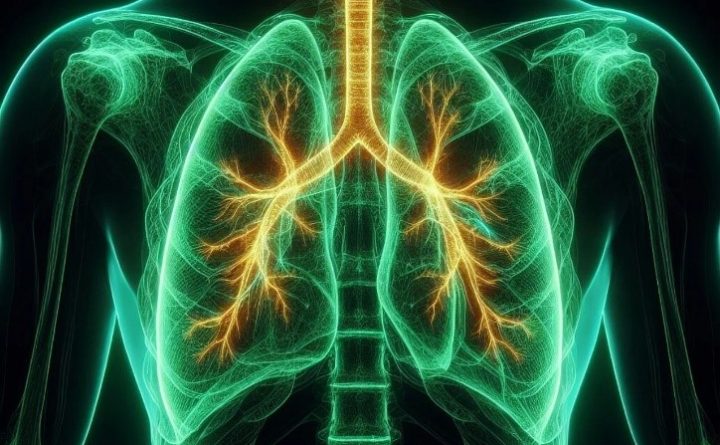Recent research indicates that using artificial intelligence (AI) to reevaluate breast MRIs deemed high-risk could markedly enhance early breast cancer detection. A retrospective study published in Academic Radiology examined the effectiveness of a convolutional neural network trained on breast MRI data to predict breast cancer development within a year following initially negative MRI results. The..
Category: www.radparts.com - page 3
On September 23, 2024, Burlington Medical announced the availability of BAT, a groundbreaking radiation protection garment designed to significantly reduce the risk of breast cancer and other radiation-associated cancers among healthcare workers. This innovative garment covers crucial areas such as the breast, axilla, and thyroid. Developed by Dr. Lauren Ramsey, a Breast Surgical Oncologist, BAT..
A new study from The University of Texas MD Anderson Cancer Center advocates for the use of intensity-modulated radiotherapy (IMRT) over 3D-conformal radiotherapy (3D-CRT) in treating unresectable, locally advanced non-small cell lung cancer (NSCLC). Published in JAMA Oncology, the study reveals that IMRT leads to fewer severe side effects, such as pneumonitis, while delivering similar..
UC Davis Health has implemented two groundbreaking imaging technologies to improve lung cancer care. The first technology, a new mobile 3D CT imaging system, enhances early detection of lung cancer by enabling more precise biopsies. This system, used in conjunction with a robotic-assisted bronchoscopy tool, allows for accurate real-time imaging, reducing procedure times and increasing..
In the United States, nearly one million people live with multiple sclerosis (MS), an immune-mediated inflammatory disease that affects the central nervous system by causing demyelination and axonal transection, leading to regional and whole-brain atrophy. Characterized by symptomatic episodes that can occur months or years apart, MS symptoms vary widely but commonly include sensory loss,..
